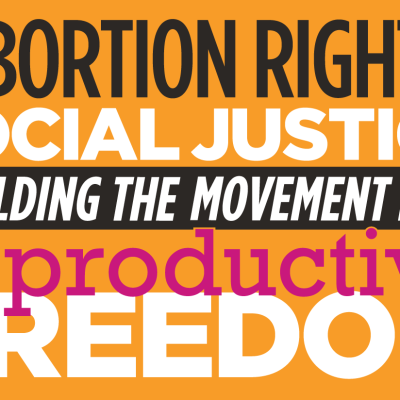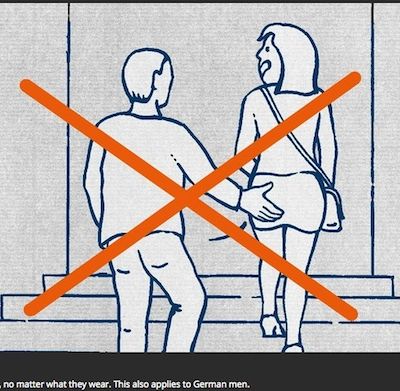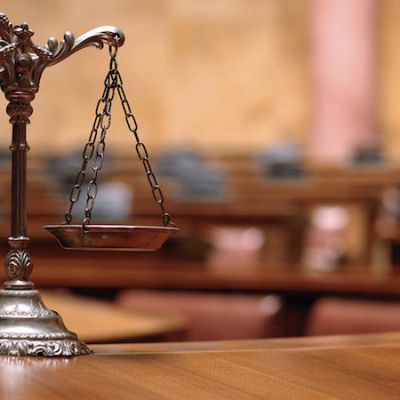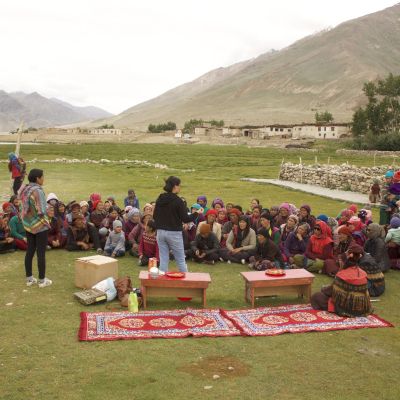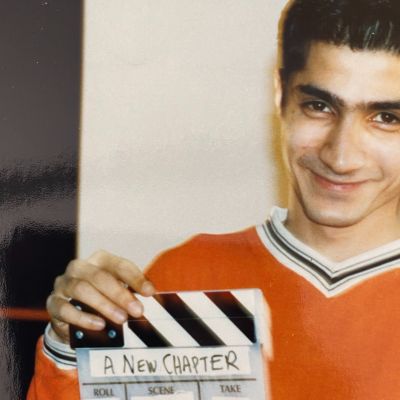Voices
Rebecca Traister, in her recent article for the New Republic, titled Let’s Just Say It: Women Matter More Than Fetuses…
The migrant has come to represent threat on many fronts, with sexuality and sexual behaviours storming the front of fronts. This is because sexuality is in itself so threatening to so many; as a word, as a concept, it is untidy, unknown, uncontainable, like that alien substance bubbling out of its pod in the film ‘Prometheus’. Or ‘Alien’.
The patriarchal system strictly enforces gender roles and social norms that privilege men over women. This sense of male entitlement over women and girls’ bodies have insured their confinement to spaces where they are stripped of power, threatened by harassment and discrimination, and extremely vulnerable so that men get to play the role of protectors.
A year ago, just ten minutes after I had landed in the Punjab and Haryana High Court. I was introduced to this young lawyer – not the least bit enthusiastic, a big critic of the law, of lawyers, of the High Court, and most importantly, of women. “Let me tell you a secret: law is not a profession for girls,” said he.
There’s a pregnant pause as he fumbles for his keys, and I, for a definitive answer. Packaged as an innocuous statement, there hangs a question between us: No one even knows your name here, in this remote corner of the antiquated town we’ve found ourselves in. And yet, we’re in front of a door, planning to know so much more.
Ladakh is famous for its beautiful mountains, big monasteries and unique culture and traditions. Thousands of tourists visit every summer…
While Nishit Saran’s iconoclasm loomed large in his lifetime, his oeuvre as a pioneering queer filmmaker and activist seems to have been largely obliterated.
The articles also reflected the ‘fear of old age’ among younger gay men – not just in terms of what the future would hold, but also in terms of insecurity around ‘losing ground’ in the here and now. The articles reviewed did not quite explore in detail what the ramification of such insecurity was on the mental health, and by extension the sexual health, of younger gay men, but it could not have been positive, especially with the backdrop of the HIV epidemic. The articles did, however, talk about suicide and suicide attempts among gay men, and this did not seem limited to any age bracket.
I am still coming to terms with my own femininity, as with new learnings I find myself regaining many facets of my personality which were lost while trying to ‘act like a man’ and ‘act tough’.
Parents and significant adults in the lives of the Neelams of the world have been programmed to see age-appropriate sexual behaviour through the very narrow lens of “problems and disorders”. Their engagement of professionals like myself is mostly restricted to seeking to curb in the Neelams what is natural and joyous.
The desire for intimacy might rob one of the intimacy that one shares with oneself and thus, being with the beloved can leave one feeling even lonelier because of the continuing struggle for validation and comfort.
Ageing vaginas in ageing female bodies are joked about. But a vagina shouldn’t have the task of pleasing anybody but itself first. To begin with, we’ll have to love and respect our vaginas in order to pleasure them. Love them just as they are. If they feel a little dry, don’t despair. Use a lubricant or a little coconut oil. If my labia are unshapely, they’re still my labia and respond very nicely to gentleness and tenderness. If I don’t love and respect my ageing body, in need of gentle, loving, patient care, then who will, for God’s sake?
I often imagine if I had been able to access friendly and empowering comprehensive sexuality education from my childhood, how different my life would have turned out to be.
Choices in the sexual area should remain personal while maintaining the dignity and the rights of all people who must be able to make fully informed choices in this area. It is the duty of the state to provide the education and information to its people in this area but not intrude into their personal choices.

